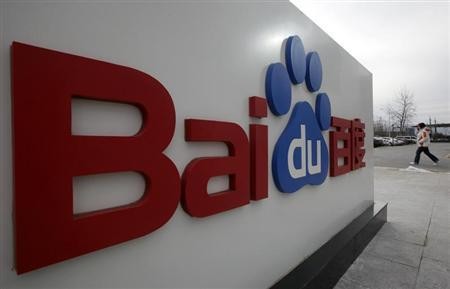Chinese search engine titan Baidu and two private equity firms have invested $11.5 million in a public transport advertising network and free Wi-Fi service on buses and metro systems across China.
The funds will go toward an affiliate of VisionChina Media, a company that provides mass transit wireless Internet access and mobile Internet value-added services in China, a Baidu spokesperson told the South China Morning Post on Friday last week.
The deal covers around 35,000 buses in major cities across the country, including Shanghai, Shenzhen and Guangzhou.
Baidu and VisionChina's affiliate, Qianhai Mobile, will jointly develop and monetize mobile app distribution and other mobile passenger services powered by Baidu Map, Baidu said.
The latest deal, seen by analysts as part of Baidu's recent efforts to infiltrate the mobile e-commerce market, is expected to help the Internet search provider reach more users and channel them to its wide array of online services, including group-buying shopping deals and food deliveries.
The investment was made by one of Baidu's units along with Guangdong-based private equity firms Guangdong Zhongke Baiyun New Industry Venture Investment and Dongguan Zhongke Zhongguang Venture Investment.
"We're excited about the opportunity to work with VisionChina Media to truly address the needs of urban commuters and realize the significant long-term value of VisionChina's public transit Wi-Fi network," said Peter Fang, senior director of corporate development at Baidu.
The company also hopes the funding will lead to more concession rights and further expand its Wi-Fi infrastructure.
VisionChina CEO Li Limin said that the firm intends to serve as the first mobile Web entry point in China's public transit system.
VisionChina plans to make more value-added services available for those who use its Wi-Fi, including news, videos, location-based services and third-party app store access, Li said.



























